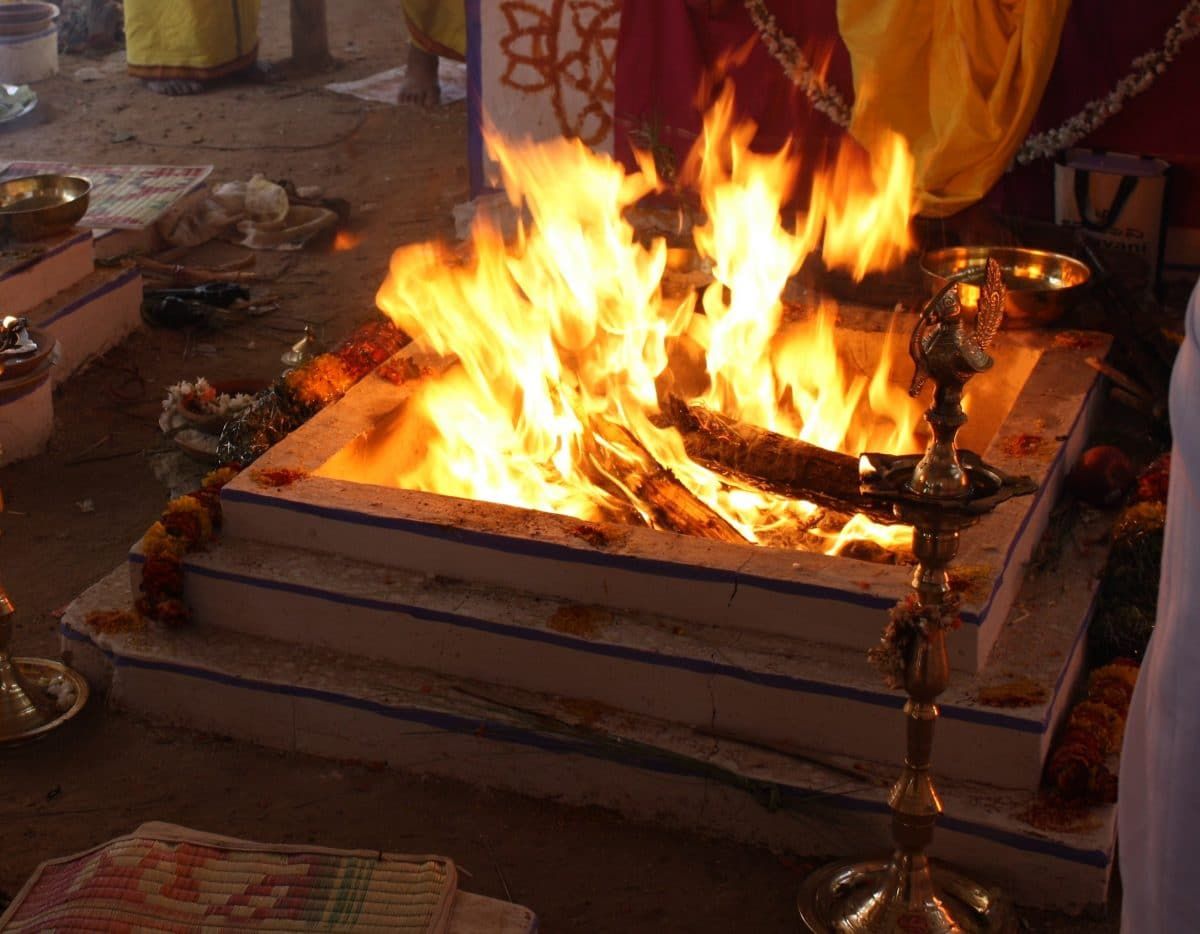It is commonly believed that pursuing and fulfilling desires leads to happiness. Most of the world is running behind desires willy nilly. When I took my first steps towards spirituality, one of the most common themes I encountered was that pursuing desires will not result in happiness. Swami Chinmayananda gave the following equation:
Happiness = Number of Desires Fulfilled / Number of Desires Pursued
Due to various factors, the number of desires fulfilled is not always under our control. In the above equation, what is under our control is the denominator – the ability to reduce the number of desires we pursue.
All of this made sense to me. But there was another theme I came across, which was not fully convincing to me. It is that desires, when fulfilled, give rise to a lot more. Swamiji mentions this in The Desire Tree:
If desires could be satisfied forever, it would not be fallacious to seek fulfillment. However, when fulfilled, countless more spring up.
Swamiji also makes this point via the story of Raktabija from Durga Saptashati in The Million Thoughts. For every drop of Raktabija’s blood spilled, thousand more Raktabijas would spring up, thanks to a boon that Raktabija had obtained. Desires, too are analogous – when one desire is fulfilled, thousand more desires spring up.
I understood the analogy. However, I still wasn’t convinced; I didn’t have a good intuition for this idea. Fulfilment of a desire felt good. The lack of fulfilment of a desire did not feel good. The Divine had Its own plans to convince me, as I would soon find out.
In 2017, I attended a series of Mahabharata discourses. In one of the discourses, the story of Yayati was told. Yayati was cursed that he would lose his youth become an old man. A concession was given to the curse: Yayati would retain his youth if someone else agreed to exchange his old age. Yayati asked his first three children, who refused. Yayati’s youngest son, Puru, dutifully agreed, and they made the exchange. Yayati then went on to live for 1000 more years, enjoying every possible pleasure under the sun. After 1000 years, he decided that he had enjoyed enough, and gave Puru his youth back. Yayati stated his conclusion based on personal experience:
न जातु कामः कामानां उपभोगेन शाम्यति ।
हविषा कृष्णवर्त्मेव भूय एवाभिवर्धते ।।Desire is never extinguished by enjoyment of objects, and rather it grows stronger, just as how fire is not extinguished by ghee but shines forth with redoubled splendour.
Yayati’s words shook me hard. Here is a person who has been there and done that several times over. And he remarks that desires are indeed endless, and pursuit of desires is a never-ending journey. It required this argument from authority from Yayati to convince me.
In addition to the main topic of this article, I offer another takeaway – when a legitimate point does not resonate with a person, that is okay – the Divine manages to drive this point at a conducive time using an appropriate medium.
Image Credit: By Nvvchar – Own work, CC BY-SA 3.0









Comments & Discussion
27 COMMENTS
Please login to read members' comments and participate in the discussion.